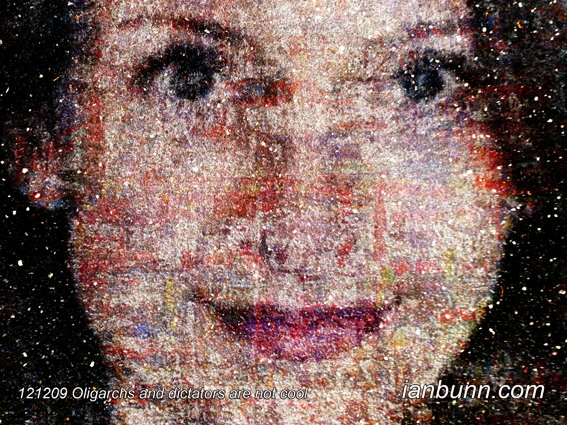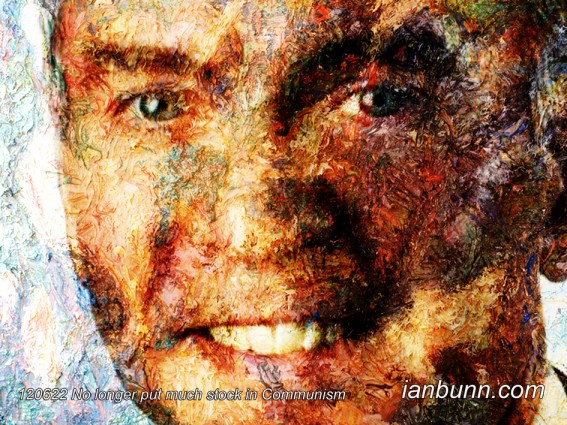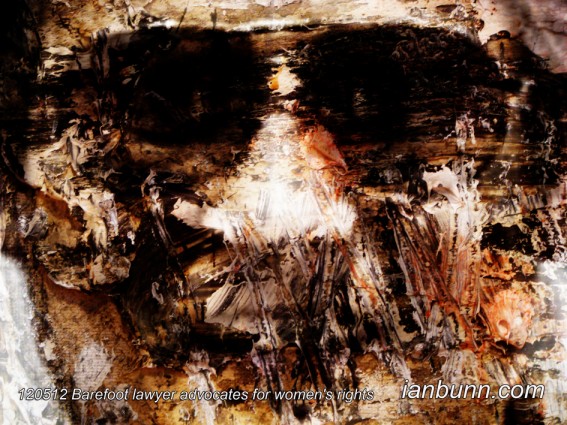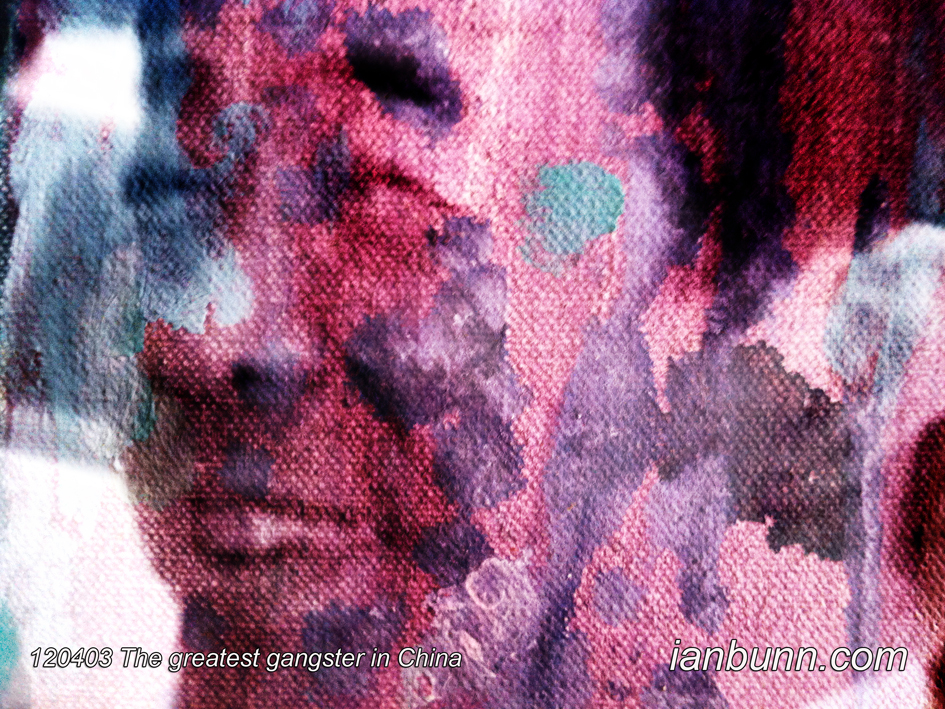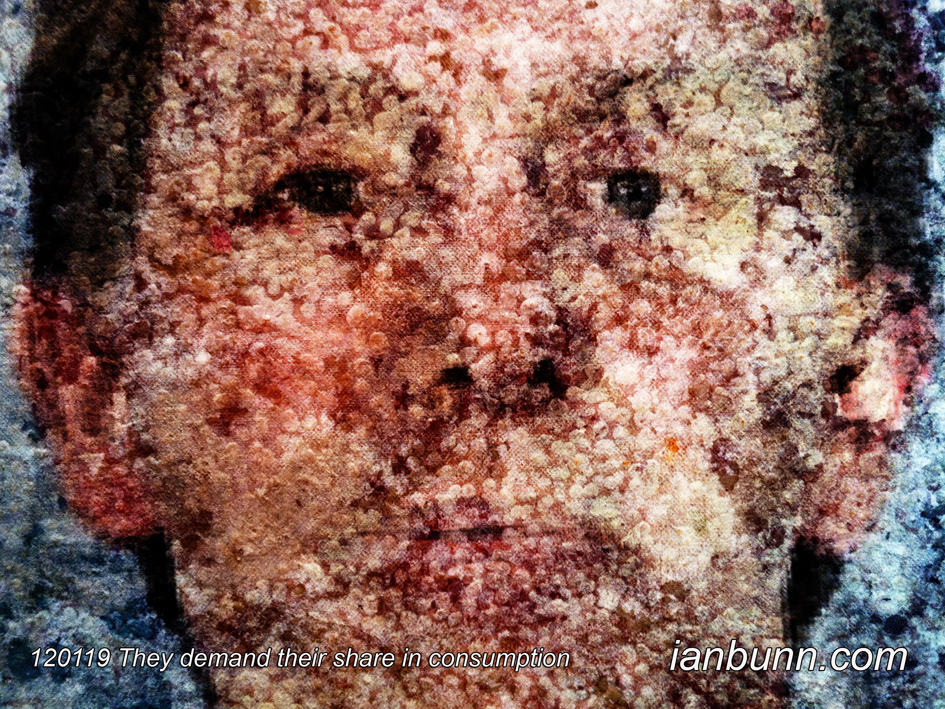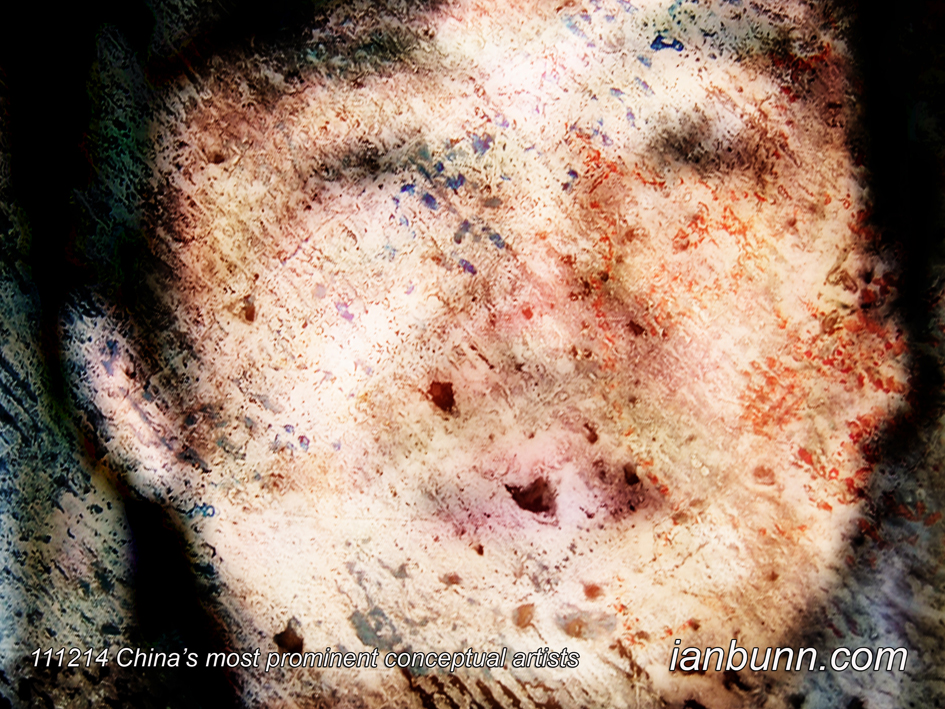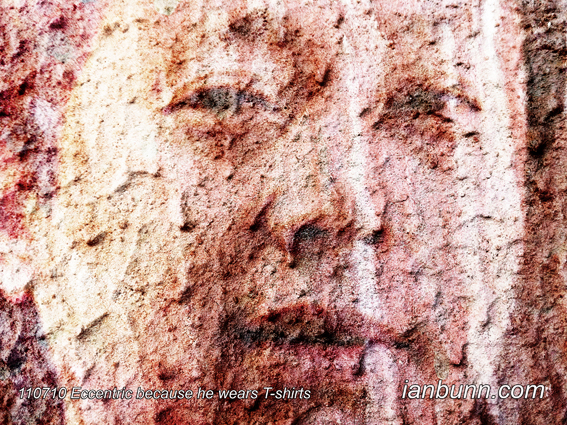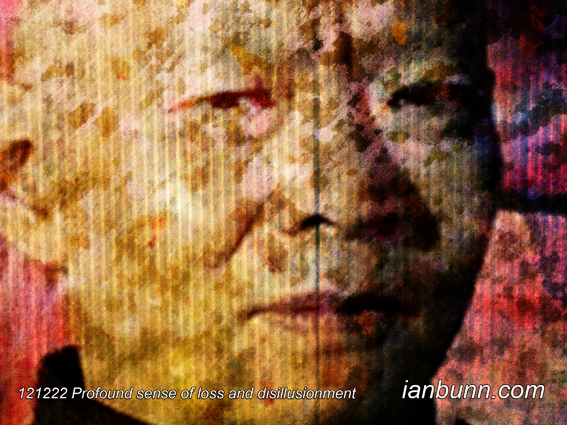 Profound sense of loss and disillusionment (December 22 2012)
Profound sense of loss and disillusionment (December 22 2012)
Yue Minjun the 50 year old Chinese contemporary artist best known for oil paintings depicting himself in various settings, frozen in laughter as a sort of logo that can be attached to any setting to add value, has been profiled by Nazanin Lankarani in a New York Times article titled ‘The Many Faces of Yue Minjun’. Lankarani states “…The notion of risk is well known in China, where artists can be subject to state censorship in various forms. Recent widely-reported examples include the artists Ai Weiwei, who has faced accusations of crimes ranging from tax evasion to bigamy and pornography, and Zhang Huan, whose 2008 show at the Shanghai Art Museum was canceled in 2008 by local authorities, with no reason given. A prolific painter since the early 1990s, Mr. Yue, 50, belongs to the generation of artists marked by what he calls a “profound sense of loss and disillusionment” after the crackdown at Tiananmen Square in 1989, in which popular demonstrations culminated in the massacre of protesters. “I feel that those years enabled us to find a new energy,” Mr. Yue said in a conversation in July with a friend, Shen Zhong, included in the catalog of the Paris show. “We discovered that the ideas and assumptions we had about a lot of things were no longer credible.” For the artists who chose to stay in China after 1989, the Cynical Realism movement, which Mr. Yue joined, was a possible path to express their experience in post-Tiananmen Chinese society. “Those who stayed experimented with a new iconography lush with signs of a disenchantment in confronting their society and assessing their own status,” said Grazia Quaroni, a curator at the Fondation Cartier. But, she added, “30 years later, Yue Minjun’s work exudes a sense of melancholy rather than cynicism.”
Inspired by Nazanin Lankarani ow.ly/g2elq image source Facebook ow.ly/g2efN
